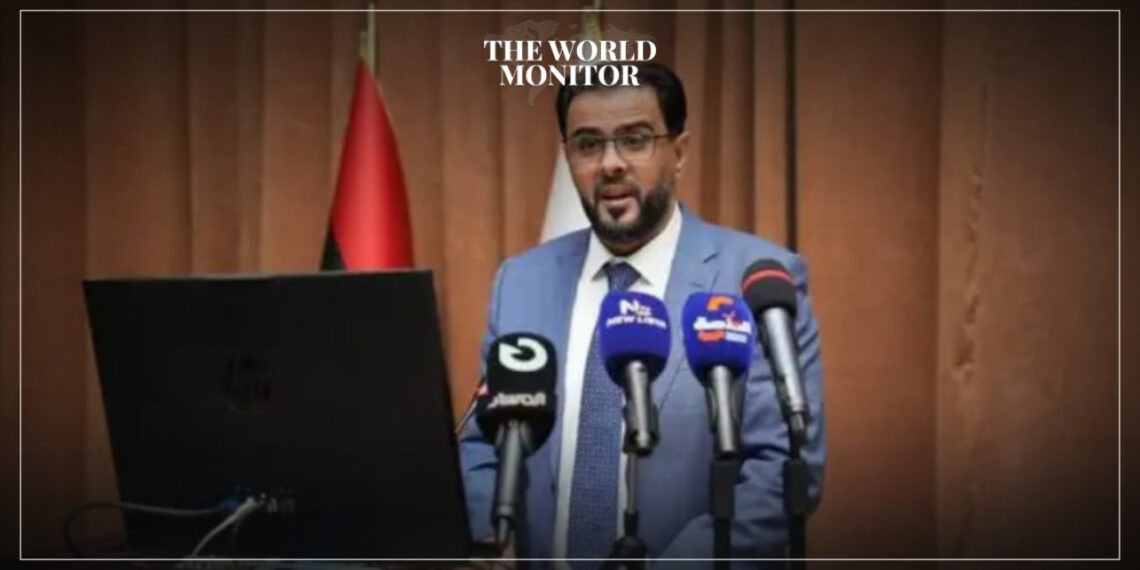Libya has officially launched a comprehensive digital transformation project for its governmental institutions and agencies.
The announcement was made by Osama Hammad, the Prime Minister of the Libyan Government-designate, during a workshop organized by the General Tax Authority under the theme “Digital Transformation and the Future of the Libyan Tax Authority,” sponsored by the Ministry of Planning and Finance.
According to the government’s media office, the workshop was led by the Director-General of the Tax Authority, Siraj Al-Shalmani, and attended by several high-profile officials including Khaled Najm, the Head of the Administrative Control Authority; Intisar Aboud, the Minister of State for Women’s Affairs; Mustafa Al-Mesmari, the Secretary-General of the Cabinet; and Al-Saqr Boujuwari, the Head of the Steering Council of Benghazi Municipality.
Also in attendance were Wasim Al-Zawi, Chairman of the Board of Directors of the Bank of Commerce and Development and Berniq Airways; Salah Al-Omrani, General Advisor of the Benghazi Chamber of Commerce, Industry, and Agriculture; alongside other government officials, representatives from the Ministry of Planning and Finance, the Tax Authority, academics, and economic and financial experts.
In his speech, Hammad emphasized the critical role of modern electronic systems and digital transformation plans in enhancing the financial and economic systems of the state.
He highlighted how these initiatives would foster development and financial stability, ensure the accuracy of data and information in financial processes, and streamline public service delivery, reducing bureaucratic hurdles.
This transformation is expected to play a significant role in policy formulation and the adoption of strategic decisions.
The move towards digital transformation is seen as a vital step for Libya to improve the efficiency and transparency of its governmental operations, ultimately benefiting its citizens by providing better services and fostering a more stable and prosperous economic environment.
For more information on Libya’s digital transformation initiatives and their impact, stay tuned for further updates from the Ministry of Planning and Finance.






